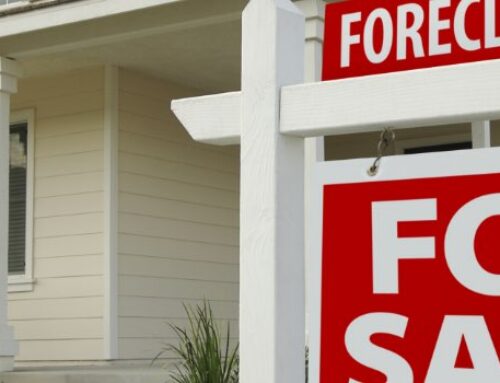Municipality Tax Revenue: What is it and Why Do Local Governments Need it?
You probably drive on your town’s paved streets, walk your dog in the neighborhood park, find safety in knowing you can call the local police, and send your children to public schools. Most of us take these activities for granted, but they might not exist without municipality tax revenue. These are the funds collected by local governments through a variety of means. Through municipality tax revenue, residents chip in for the functioning of their communities, providing a portion of their assets so they can enjoy public services, facilities, and more. While it varies from city to city, a significant segment of municipality tax revenue typically comes from property taxes. At Tax Ease, we’ve helped our clientele cover millions of dollars’ worth of property taxes over the past twelve years, so we understand why these fees are important. Read on to learn more about municipality tax revenue, what it is, and why local governments need it.
What is Municipality Tax Revenue?
On a basic level, municipality tax revenue is the tax income allocated for local governments and services. The state designates the borders and jurisdictions of municipalities, which could be towns, cities, or villages, depending on the region. Each district has its own breakdown of dues, depending on state laws and local policies. The Tax Policy Center: A Joint Project of the Urban Institute & Brookings Institution explains: “local governments collected general revenues totaling over $1.4 trillion in 2010.” Based on the data the organization collected for that year, municipality tax revenue is divided as follows:
- 38 percent: inter-governmental transfers, which are reserves moved from one sector of the government to another. In the case of municipality tax revenue, this refers to capital provided by the federal or state government to cities.
- 30 percent: property taxes. For many decades, these fees have funded municipalities. Free From Broke notes: “both municipalities and counties rely primarily on real estate tax revenues to support their operations.” Property taxes may account for 30 percent directly, but much more in actuality—“in many jurisdictions, one government agency may collect the tax under a single bill, then apportion the funds based on a predetermined formula. You may pay your taxes to your municipality who later forwards the required portion to your county.” There are a number of possible configurations, but property tax figures heavily in most of them. The Tax Policy Center elaborates: “property taxes constituted the largest source of local governments’ own revenue in 2010, totaling $430 billion.”
- 23 percent: charges and miscellaneous receipts. This includes various types of licensing, registration fees, and other municipal receipts.
- 6 percent: sales and gross receipts taxes. These are taxes levied on goods and services.
- 2 percent: individual income tax. This revenue comes from state income tax.
- 2 percent: other taxes.
Why Local Governments Need It
Simply put, local governments could not function fiscally without municipal tax revenue. This capital serves as the backbone of American towns. Federal and state initiatives support some aspects of local government, but municipal tax revenue is the primary factor. In your local community, it most likely helps to pay for:
- Public schools
- Roads, bridges, dams, and other infrastructure
- Public libraries
- Parks, beaches, and other outdoor recreational areas
- Public safety services, including police and fire departments personnel and supplies
- Maintenance of and repairs for public spaces
- Local government services, facilities, and officials’ salaries
Depending on your municipality’s particular needs and preferences, this capital could also cover a number of other expenses.
How We Can Help
Municipality tax revenue is no doubt important, but paying your much-needed property taxes on time can be difficult. The Tax Ease team can help you avoid hefty penalties, keep your home or business real estate, and contribute to your local community by providing residential and commercial property tax loans.
Find Out More From Tax Ease
Would you like to learn more about municipality tax revenue? Are you in need of a property tax loan? Contact Tax Ease today to find out more or get a free quote.







